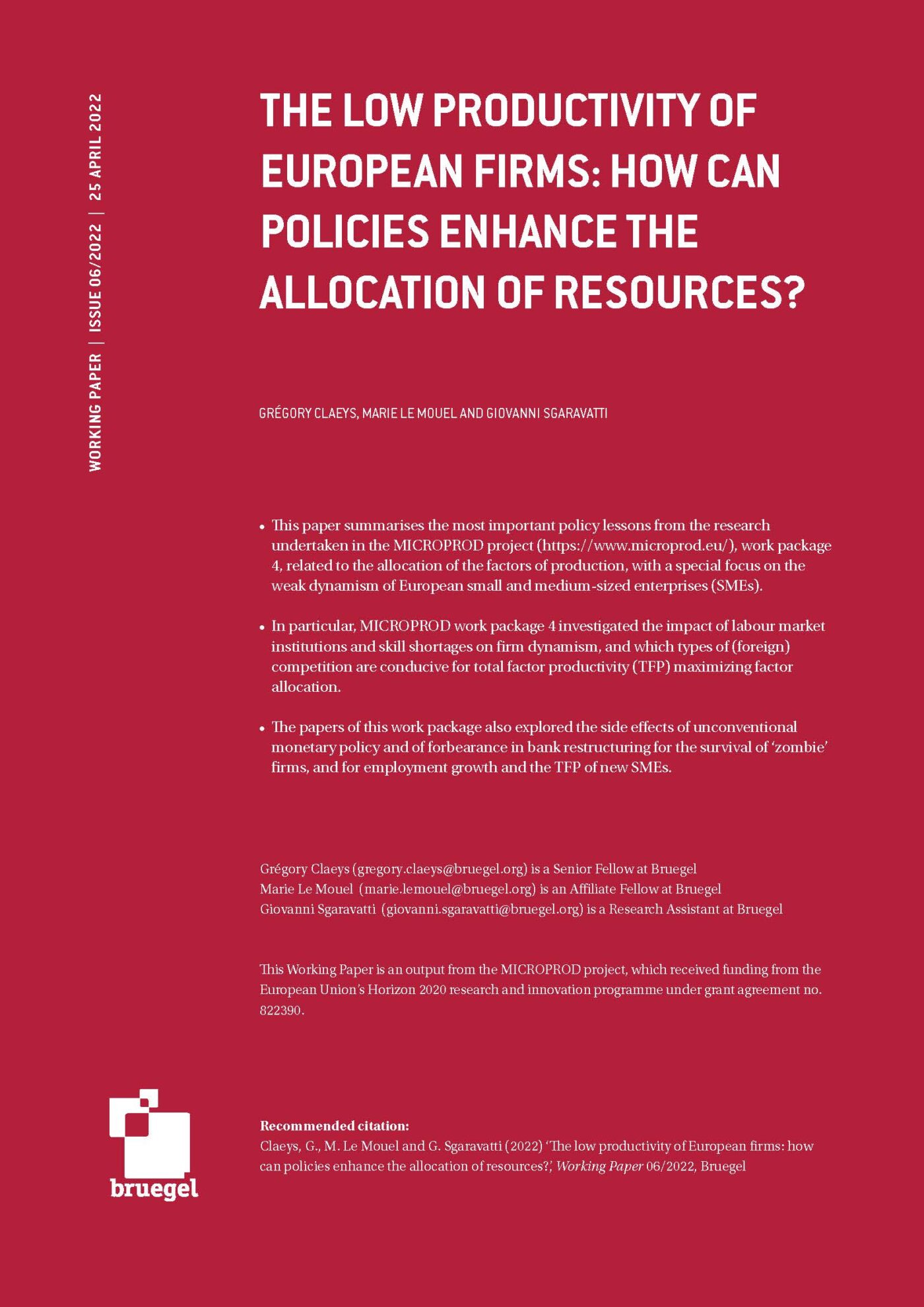Opinion
ECB decisions put lack of fiscal union in the spotlight
Fiscal policy in the euro area is hardly supporting the recovery and the ECB. The EU needs a a proper fiscal union in order to stabilise the economy and inflation. We see four main avenues for achieving a viable fiscal framework.
The ECB is taking bold action to achieve its inflation target, but its policies are beginning to look desperate. The euro area and the ECB are suffering from the same problem: fiscal and structural policies are not playing their part, and monetary policy alone is not enough to kick start the recovery.
This is no surprise. Once inflation expectations are low and interest rates are at zero or negative, it is very difficult for monetary policy to change those inflation expectations – short of implementing outright helicopter transfers on behalf of governments, which could involve placing ECB-created cash directly in citizens’ bank accounts.
Standard macroeconomic theory explains that in a low inflation, liquidity trap environment, lowering interest rates will help but only to some extent. The experience of Japan’s Abenomics confirms that insight: the massive purchase programme has somewhat shifted inflation expectations, but slow progress on fiscal and structural policies has prevented inflation and growth from picking up seriously.
Fiscal policy in the euro area is hardly supporting the recovery and the ECB. The euro area needs a framework that defines the role of national fiscal policies in supporting euro-area economic stability. We see four main avenues for achieving a viable fiscal framework.
First, the euro area needs to be able to reduce public debt burdens if debt levels become unsustainable. We propose that if there is a new European Stability Mechanism (ESM) programme, the maturity of public debt should be extended by the length of the ESM programme. This could be incorporated into existing collective action clauses for all sovereign bonds. The measure would act as a powerful stabiliser in case of fiscal trouble, as it would give breathing space to countries, allowing for slower and less painful fiscal adjustment.
However, such a step is only possible if the financial system is able to cope with such a soft restructuring. To do this, the banking system must be made less dependent on national governments. This could be achieved by a simultaneous introduction of a common European deposit insurance and the introduction of exposure limits on national sovereign debt, except for well-defined baskets of sovereign bonds that are already diversified by construction.
Second, in exceptional times like the current one, governments must coordinate national fiscal policies to achieve a euro-area wide fiscal stance. Ultimately, this will require more binding rules and more democratic decision making, for which a European treaty change is necessary.
In the short term, we argue that the European Fiscal Board should have an explicit mandate to distinguish between good times and bad times, and to give recommendations on spending policies in the euro area. With 98% of government spending at the national level, it is crucial that national governments co-ordinate their policies to ensure economic stability.
Third, national fiscal policies need to be more stabilising and more sustainable. The current rules system is very complex. Instead of adopting a “flexible” approach based on complicated rules and discretion, we propose that incremental investment spending and cyclically-driven unemployment spending be treated separately. They should be put in an adjustment account that will need to be balanced over the business cycle, but will reduce the scope of pro-cyclical fiscal adjustment in a downturn.
Finally, the euro area needs to build an additional risk-sharing mechanism for large shocks. Such a mechanism should not be left to politicians. Politically decided counter-cyclical fiscal policy has often been wrongly timed and had the opposite effect to that intended. In a European decision making context, this problem is likely to be compounded. A European risk-sharing mechanism should be automatic, designed to help countries that face very large recessions, such as for example happened to Spain.
We believe that the creation of a European unemployment re-insurance model would complement existing risk-sharing structures, and help cope with deep recessions. It could also be a useful starting point for a further structural convergence of labour markets.
The ECB’s increasingly desperate attempts to stabilise the economy and inflation show that other policy areas are not delivering. This is in large part due to the absence of a proper fiscal union.
Our proposals, which do not require treaty change in the short run, would strengthen governments’ ability to stabilise our economies with fiscal policy, and reduce the burden for the ECB. Structural policies, in turn, can play a crucial role if they manage to change expectations of future productivity growth, triggering inflation and investment today.
Republishing and referencing
Bruegel considers itself a public good and takes no institutional standpoint.
Due to copyright agreements we ask that you kindly email request to republish opinions that have appeared in print to [email protected].














